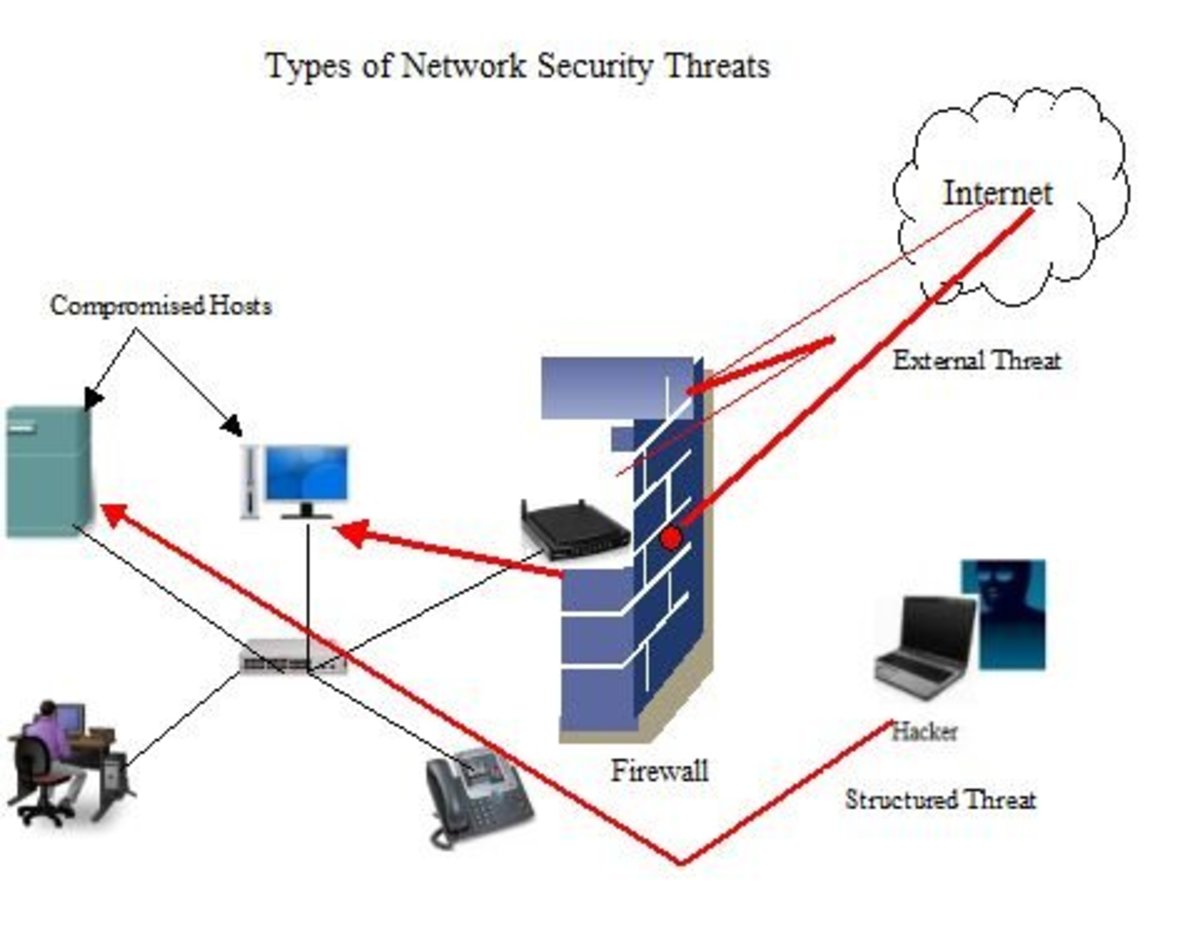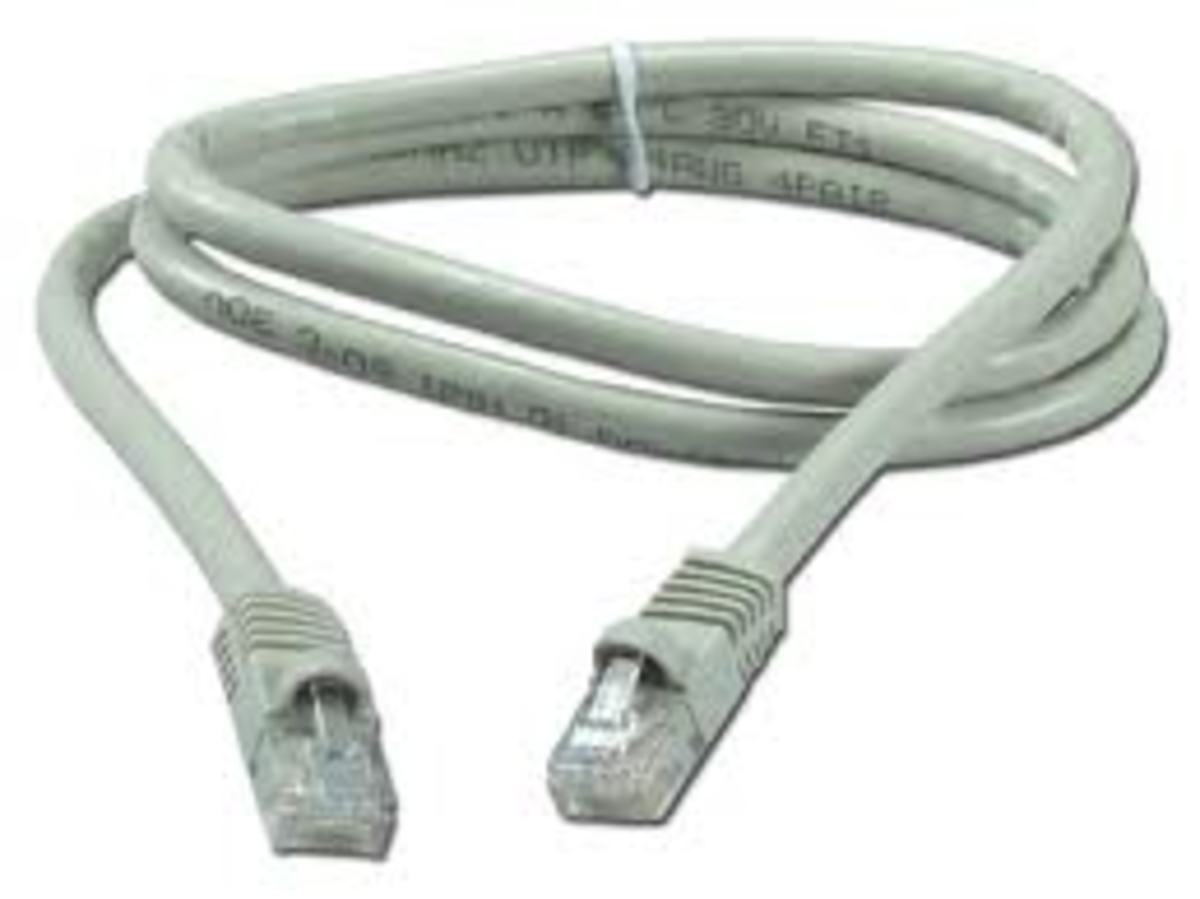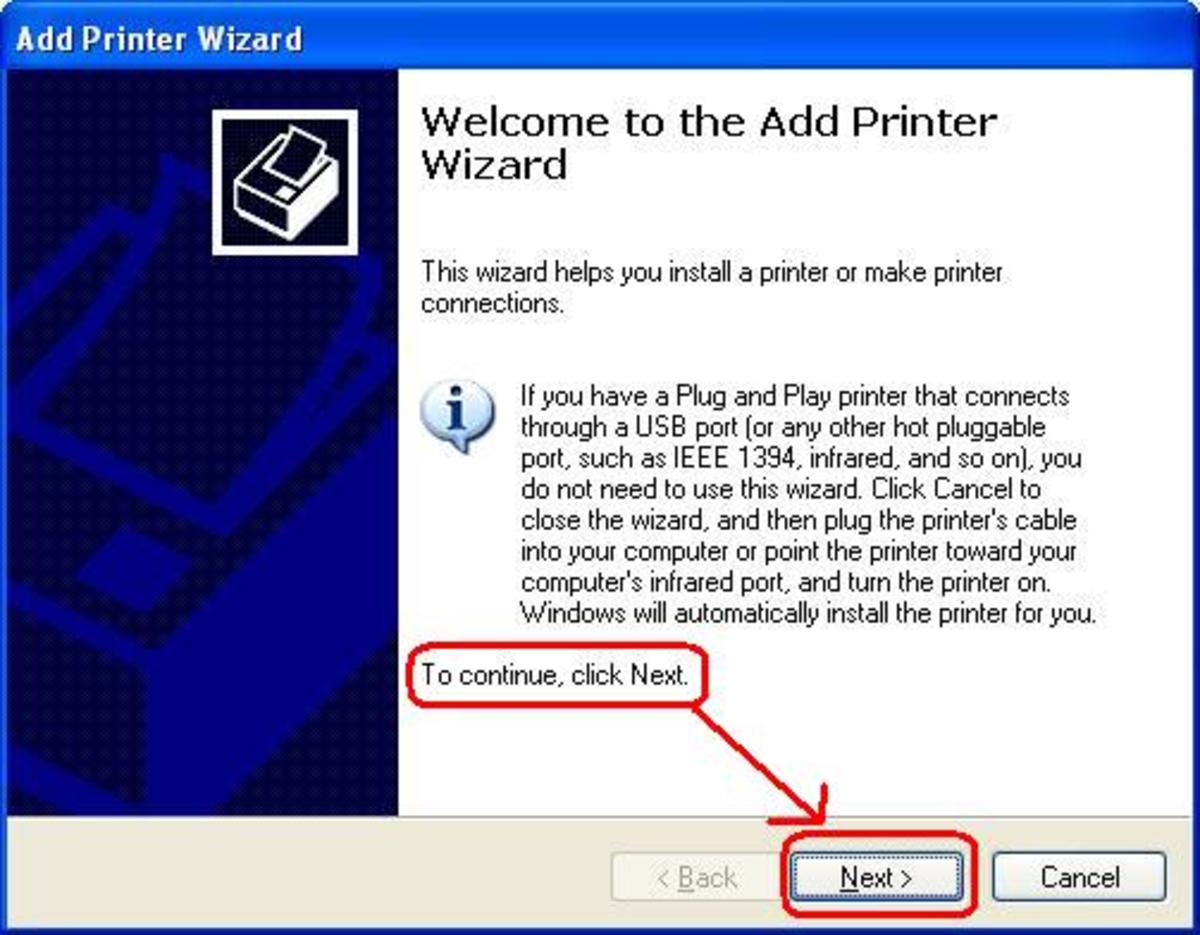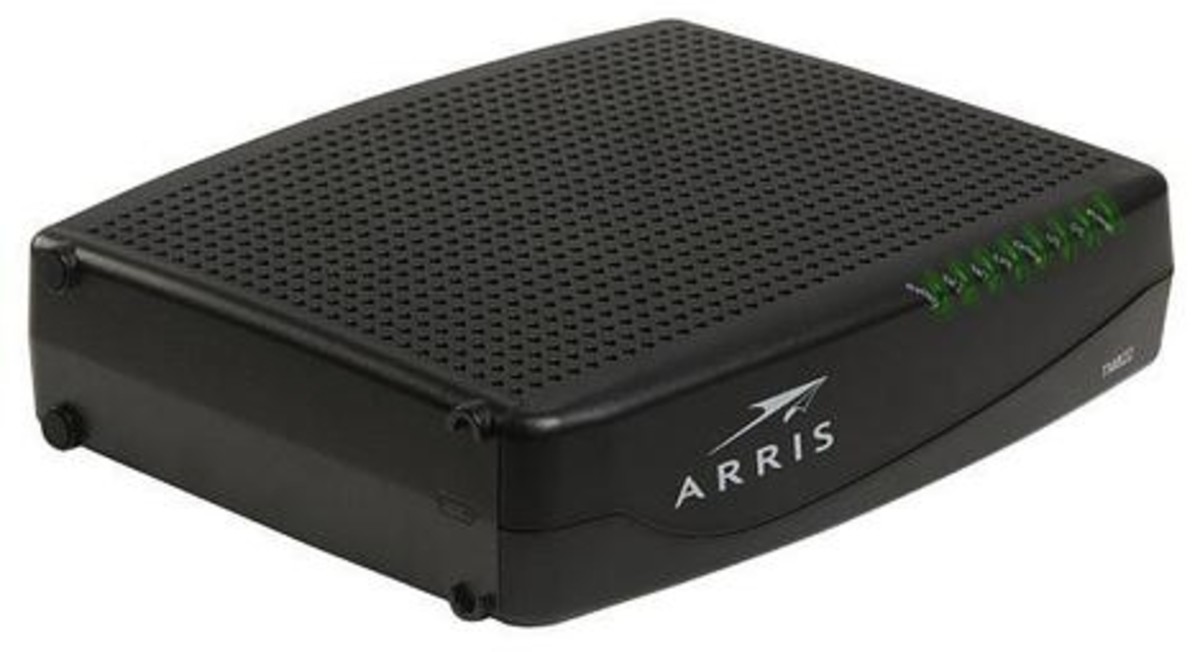The Different Types of VPN
What is a VPN?
When accessing websites over the internet, user names and pass words are sent as plain text when basic HTTP authentication is used. A private network that directly connects to distinct sites into one network is expensive, but it also more secure. The solution many companies have chosen to implement is the virtual private network or VPN.
The VPN creates a secure connection between two points, though the data travels over the public network at some point. The VPN connection may end with a specific computer or a server on a private LAN.
A VPN or Virtual Private Network protects the data by encrypting it before sending it to its destination. Anyone who intercepts data packets on the public network cannot read it, whereas someone catching the right data packet on an unencrypted connection could get both the user's ID and password. You can use additional forms of encryption in addition to that which the VPN connection provides.
What are the different types of Virtual Private Networks?

What Are the Different Types of VPN?
There are several ways a VPN connection can be created. One method uses an IP security protocol or IPsec. A VPN using IPsec uses the Layer 3 of the OSI model to encrypt the data, either with an authentication header or an encapsulating security payload. IP security can encrypt the data at transport or within the tunnel, and IPSec VPN supports public key encryption.
A second solution is using a Layer-2 Tunneling Protocol or L2TP. An L2TP uses a Point to Point Tunnel Protocol by Microsoft in conjunction with Cisco Layer-2 Forwarding.
Secure Socket Layer or SSL VPN is a third method of creating a Virtual Private Network. SSL is the protocol for the encryption of the data. SSL encrypts data exchanged between clients and servers and websites. SSL relies on certificates that verify a computer or server's identity before the connection is created. This is called the SSL handshake. The certificate exchange is transparent to the user.

The Benefits of SSL VPN
There are several benefits to using SSL VPN over other forms of VPN. SSL VPN is easier to implement than IPsec. SSL VPN can be combined with other forms of identification such as a tokens issued to users and pass-codes. SSL VPN works with proxies. However, SSL VPN is not intended for site to site connectivity. IPsec is a better choice in that case.
Yet SSL VPN has a number of advantages compared to IPsec. The certificates from certificate authorities are cheaper than setting up IPsec networks. However, security protocols have now essentially eliminated the acceptance of self-signed certificates anymore.
Any user can access an SSL VPN network; no special hardware or software is required unless the company also issues tokens for dual-factor authentication. SSL VPN works from almost any browser type and has for years.
L2TP VPN Connections
Due to the lack of security with L2TP VPN connections, it is typically only used in conjunction with IPsec VPN connections.
In this case, the L2TP VPN connection is used with a second protocol that provides encryption. You should not rely on only an L2TP connection to create a VPN.
The Benefits of GRE IPSEC
You can create a Virtual Private Network connection using IPsec, IPsec only handles static routing, so it won’t work if the IP address regularly changes. Generic Routing Encapsulation or GRE is a VPN method introduced by Cisco Systems that creates a plain text tunnel.
IPsec isn’t as secure as SSL VPN, since the data in the GRE IPsec tunnel isn’t automatically encrypted. And GRE IPsec lacks the certification authorization that ensures that the server the connection is made with is the actual one you want it to be. Instead, IPsec uses a “security association”.
However, IPsec is still in use because it is cheaper than certificates from certification authorities and has open protocols that work with almost any type of network. IPsec requires every device on the network to have the same VPN software installed before it can be registered on the network; this can be a maintenance hassle or security feature depending on your point of view. IPsec for remote office connections may actually be safer than SSL VPN since unauthorized devices cannot spoof the authorized access point or a remote user via that person’s credentials and access the network.







